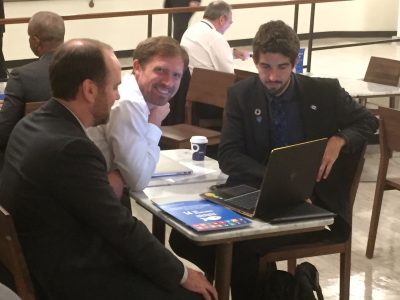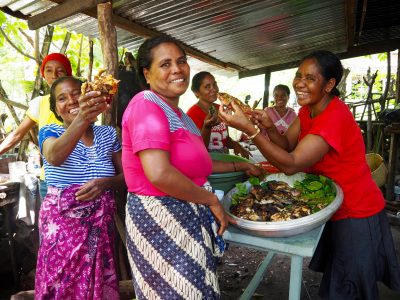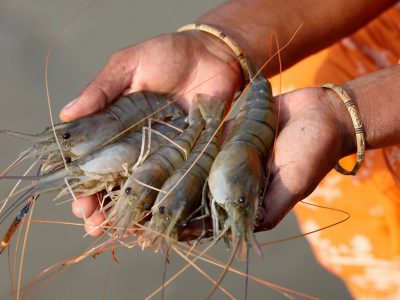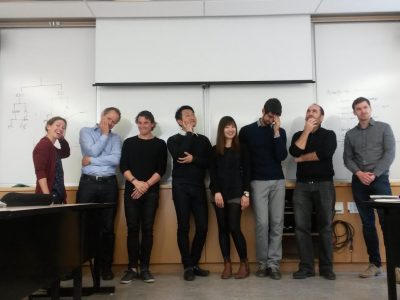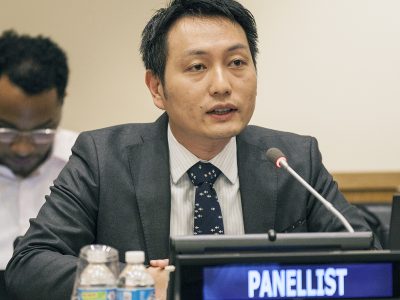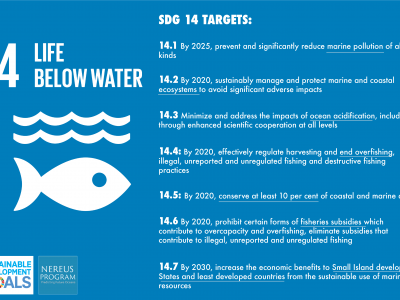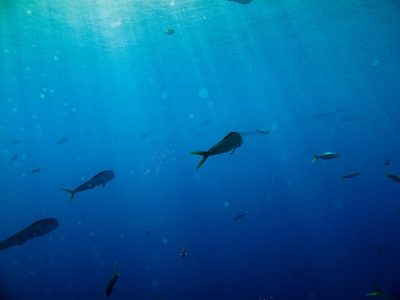UN Ocean Conference: Day 1
Today was the first day of the UN Ocean Conference, which is the first conference specifically focused on Sustainable Development Goal (SDG) 14: Life Below Water. The day started with a cultural programme and plenary meeting then a partnership dialogue on addressing marine pollution. The conference will include dialogues on each of the seven targets of SDG14. Interspersed were a number of interesting and informative side events.



